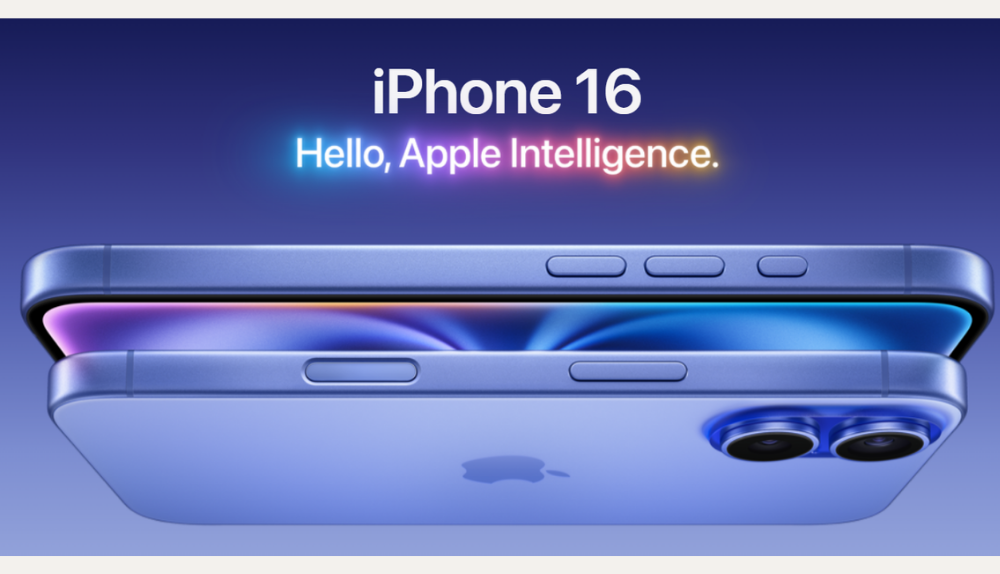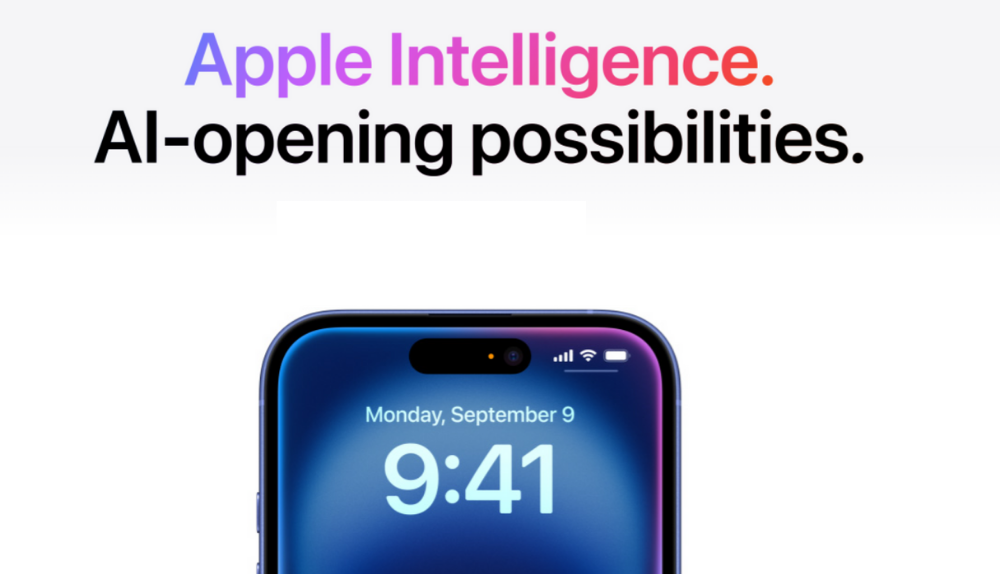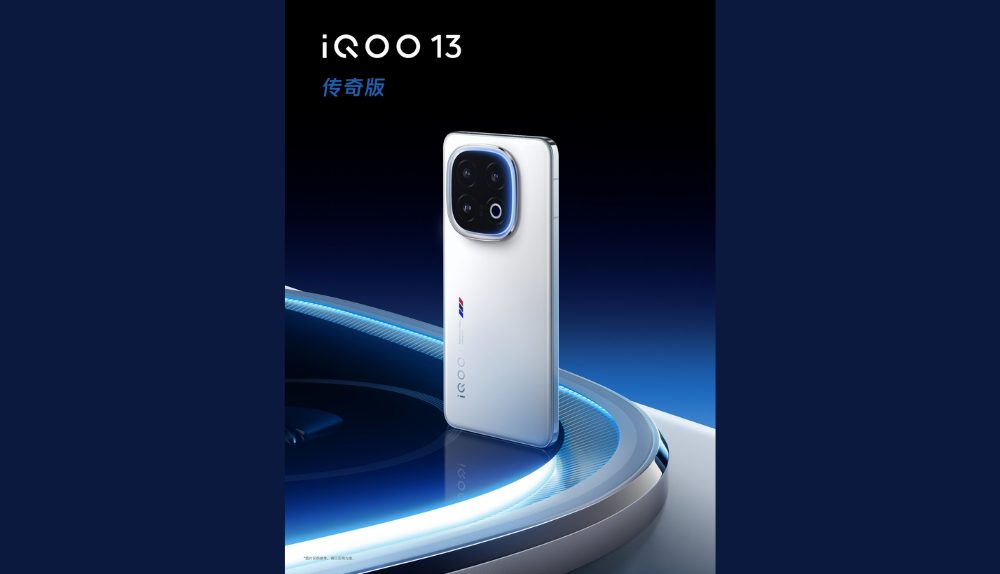Apple’s “It’s Glowtime” event, held on Monday, September 9, 2024, marked the debut of the highly anticipated iPhone 16 series. However, it wasn’t just the sleek hardware and updated features that stole the spotlight; it was Apple’s bold move into artificial intelligence with the introduction of Apple Intelligence AI, integrated into iOS 18. This advanced AI system aims to revolutionize how users interact with their iPhones, taking personalization, functionality, and user convenience to new heights.
With a significant focus on privacy and security, Apple Intelligence is poised to become a driving factor behind future iPhone sales. However, not everyone has experienced this cutting-edge technology yet. In this article, we explore the details behind Apple Intelligence, its integration with the iPhone 16, and the global rollout challenges it faces.
Table of Contents
What is Apple Intelligence?
Apple Intelligence is a next-generation AI system embedded into iOS 18 that aims to deliver highly personalized experiences to users. Unlike some AI systems that rely heavily on cloud computing, Apple has built its AI emphasizing on-device processing, ensuring that sensitive data remains secure and private. The system will also utilize Apple’s silicon servers, dubbed private cloud computing models, to handle more sophisticated AI requests. These servers operate entirely on renewable energy, aligning with Apple’s commitment to becoming carbon neutral by 2030.

But what sets Apple Intelligence apart is its user-centric approach. This AI technology taps into the user’s unique context, understanding preferences, behaviors, and personal data to tailor experiences and automate various tasks. Some standout features include:
- Text Proofreading and Rewriting: Users can ask Apple Intelligence to proofread and rewrite text in various tones, such as “formal” or “friendly,” saving time and enhancing communication.
- Customized Emojis and AI-generated Images: Based on user input, the AI system can create personalized emojis and generate original images.
- Photo Management: Apple Intelligence can quickly search the user’s photo gallery for specific images or even create video stories from collected media.
- Email Summarization: This is a highly practical feature. The AI can summarize emails and notifications, streamlining the communication process.
- Upgraded Siri Integration: Siri, Apple’s iconic voice assistant, will receive AI enhancements. This will allow users to perform tasks directly within apps and provide a more intuitive way to navigate their iPhones.
Visual Intelligence: A Game-Changer for iPhone 16
Perhaps the most exciting addition to Apple Intelligence for iPhone 16 users is Visual Intelligence. This feature enables users to gather information from the real world with just a click. Imagine pointing your phone at a restaurant sign to get details about its cuisine, photographing a dog to identify its breed, or snapping a picture of a math problem and having the AI provide the solution.
These capabilities make the iPhone 16 more than just a smartphone; it becomes a versatile tool that enhances productivity, learning, and daily life.
Who Will Get Access to Apple Intelligence?
While Apple Intelligence promises a futuristic experience, not all iPhone users will have access to it. In a surprising move, Apple announced that only the iPhone 16 Pro and iPhone 16 Pro Max models would be equipped with the full suite of Apple Intelligence features.
Thanks to iOS 18, owners of the iPhone 15 Pro and iPhone 15 Pro Max can already access some beta versions of these AI features, such as Image Playground and AI-powered Siri. However, many advanced capabilities introduced with the iPhone 16 will be unavailable to those with older devices, including the iPhone 15 and iPhone 15 Plus.
This exclusivity marks a shift in Apple’s strategy. The company has been known to extend its latest software capabilities to devices released two to three years earlier. However, with the iPhone 16 series, Apple appears to be positioning its AI technology as a key incentive for consumers to upgrade to the latest models.
Apple Intelligence AI Rollout: Global Challenges and Regional Restrictions
Despite Apple Intelligence’s exciting potential, its rollout across different regions won’t be uniform. Regulatory challenges and legal hurdles in certain markets are causing delays in making these features available to all users.

European Union: A Legal Standstill
For instance, the European Union (EU) has complicated Apple’s AI rollout with its Digital Markets Act (DMA). This legislation, which took effect in 2022, aims to curb the dominance of big tech companies and enforce stricter regulations around data privacy, interoperability, and competition. Apple has expressed concerns that complying with the DMA’s provisions could undermine user privacy and data security. As a result, the company has decided to delay the rollout of Apple Intelligence in the EU until these issues are resolved.
Apple is working with the European Commission to find a solution that would allow the release of Apple Intelligence without compromising user safety or the integrity of its products. However, it remains unclear when European users will gain access to this revolutionary AI system.
China: Navigating Stringent Regulations
China presents another set of challenges for Apple. The country’s strict regulations around AI technology require companies to seek government approval before deploying AI models for commercial use. Moreover, China mandates that developers of generative AI tools, like those used by Apple Intelligence, be responsible for monitoring and removing illegal content.
Apple faces a significant hurdle in China due to the ban on OpenAI’s ChatGPT. ChatGPT is a cornerstone of Apple Intelligence’s Siri integration, enabling advanced conversational features. To navigate this restriction, Apple may partner with Chinese tech giants like Baidu or Alibaba, which have developed their own Large Language Models (LLMs) and voice assistants. This partnership could enable Apple to offer similar AI capabilities in China while complying with the country’s regulations.
However, Apple’s position in the Chinese market is under pressure. Reports indicate that Apple failed to rank among China’s top five smartphone vendors during the second quarter of 2024, losing ground to domestic rivals like Huawei. The delayed rollout of Apple Intelligence in China could further weaken the company’s competitive standing in this critical market.
What’s Next for Apple Intelligence and the iPhone 16?
The unveiling of Apple Intelligence marks a significant turning point in the evolution of smartphones. Apple is betting that AI will drive future sales and keep its devices at the forefront of innovation. However, the phased rollout of this technology, combined with regulatory challenges in key markets, may slow down adoption.
The future is already here for those fortunate enough to own an iPhone 16 Pro or Pro Max. These devices are packed with advanced AI features that promise to make life easier, more productive, and more fun. From Visual Intelligence to AI-powered Siri, the iPhone 16 is positioned to redefine the smartphone experience.
But the wait continues for many users in regions like the EU and China. Apple’s efforts to balance regulatory compliance with its commitment to user privacy and product integrity will determine how quickly these AI capabilities reach the global market.
In the meantime, the iPhone 16’s debut has set the stage for a new era of AI-powered smartphones, and it’s clear that Apple Intelligence is the key to unlocking that future.





